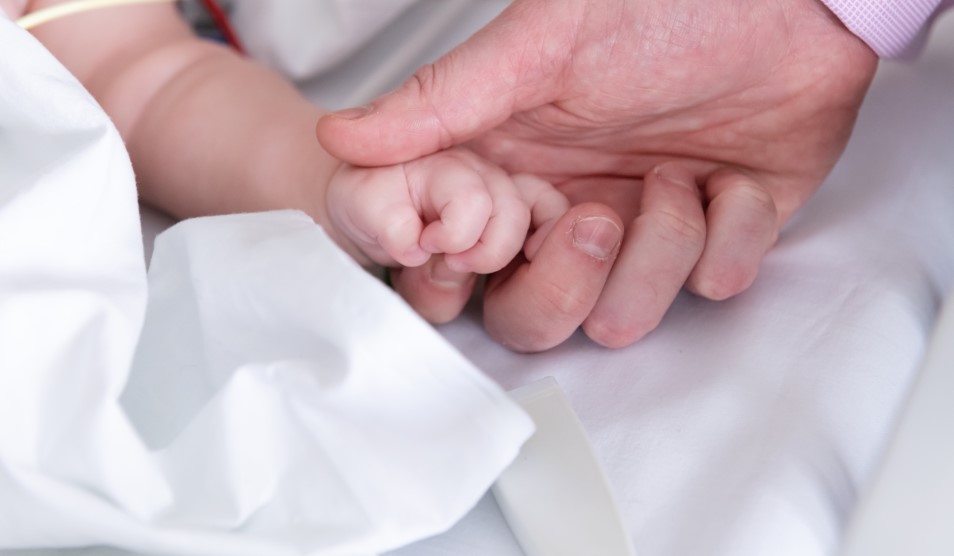St Mary’s trialling 15-minute blood test for life-threatening conditions in children
St Mary’s Hospital, part of Imperial College Healthcare NHS Trust, is one of three hospitals involved in an NHS trial to find out if an innovative 15-minute blood test can diagnose children with potentially life-threatening infections.
The trial, which runs until March 2026 and is funded by NHS England, is testing children arriving in emergency departments at Alder Hey Children’s Hospital in Liverpool, St Mary’s Hospital in London and Great North Children’s Hospital in Newcastle.
The hi-tech blood test shows whether an infection is viral or bacterial quicker than traditional tests – so serious diseases like sepsis or meningitis can be picked up sooner.
If the trial is successful, it could make a vital difference to the care children receive.
Accurate, fast tests mean quicker decisions and treatment
Every year, but especially in winter, many children develop fever – when the body’s temperature is higher than 38°C. Most children with fever have an illness that doesn’t need testing or antibiotic treatment. But in some rare cases, children will have a serious infection that needs testing and treatment in hospital.
Currently, clinicians must rely on their clinical judgement to know which child is at risk of a serious infection. The current lab tests we have are not always good enough and can take a few hours to give a result. While they wait for results, doctors may diagnose children with a minor illness - or prescribe antibiotics or another treatment as a precaution until a full diagnosis can be made.
A new test could make a real difference. In just 15 minutes, the new blood test will give clinicians the information they need to diagnose people quickly. Patients can then be treated faster and only receive antibiotics if it’s confirmed they are needed.
The trial will tell us whether rapid tests like this can help doctors and nurses make faster decisions.
Dr Ruud Nijman, paediatric consultant at St Mary’s Hospital and honorary clinical senior lecturer at Imperial College London, said: “We already know from previous studies that this test should be accurate in children with fever and it is already being used in the US and Europe in both children and adults. But we don’t know the impact the test will have in our emergency departments and how doctors will be using the test.
“This trial will now tell us whether the test has a role in the NHS and if clinicians will use it to help make faster, more accurate decisions so children receive the right treatment faster. If successful, this test has the potential to completely change the way we treat infections and help us diagnose with more certainty, stopping illnesses escalating to something more serious.
Making a difference for local children
Dr Nijman continued: “Many children receive antibiotics unnecessarily, and fever in children is such a common problem for which many caregivers go to the emergency department. This test could significantly reduce unnecessary antibiotic prescribing as well as improve our ability to pick up a serious infection early.
“We take part in research to tackle common and everyday conditions that will make a real difference to the local community we serve, benefiting children in North West London and beyond. This trial means they can play a crucial part in research that will reveal why, how and if this technology will help our patients. It may reduce the need for unnecessary antibiotics, helping us tackle the very real problem of tackling antimicrobial resistance.
Research at the Trust, including this work, is supported by funding from the NIHR Imperial Biomedical Research Centre (BRC), a translational research partnership between Imperial College Healthcare NHS Trust and Imperial College London, which was awarded £95m in 2022 to continue developing new experimental treatments and diagnostics for patients.
Read more about plans for the Fleming Institute, which aims to tackle antimicrobial resistance



